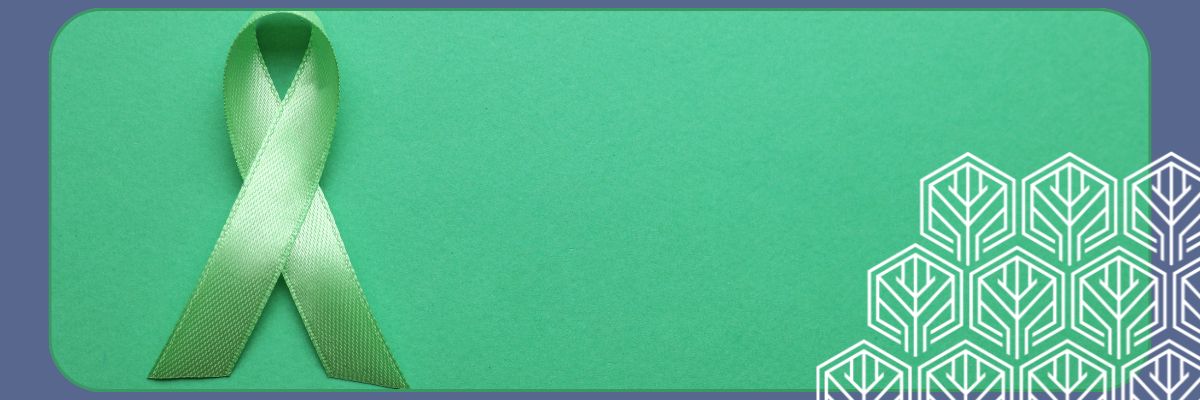[vc_row][vc_column][vc_column_text title=”Shining a Light on the Prevalence of Mental Illness” css=”.vc_custom_1715195210027{margin-bottom: 0px !important;}”]At a recent public gathering, I noticed that a speaker referred to a community member exhibiting symptoms of a mental illness as “a person with mental health”. I found the turn of phrase jarring, but couldn’t quite put my finger on why. May is Maternal Mental Health Month and it’s a good opportunity to do the important work of finger placing, that is learning from what that feeling of discomfort is trying to teach.
Referring to mental illness as “mental health” is a confusing effort to euphemize states of mental ill-being. We use euphemisms for one reason: when the subject of conversation makes us profoundly uncomfortable. Clearly, being mentally ill is still taboo.
By age 40, 50% of Canadians will have or will have had a mental illness. It’s important to acknowledge that it is an unwell state that can significantly alter a person’s life. We can be strengths-focused while being honest. People with a range of mental illnesses can be resilient, resourceful, and creative. Some of the disability experienced by people living with mental illness is socially constructed, such as rigid social, cultural, and economic expectations regarding the hours and structure of paid work.
Truthfully, the acute phase of any mental illness does not feel good, and functioning to the best of what you know your ability to be, and meeting your priorities, becomes impossible. Most people would do just about anything to return to a mentally well state. Sometimes, desperation to return to a healthy state can be fatal, if people can’t see any path other than death to return to wellbeing.
Being unable to say you feel awful without shame is part of the problem. Being able to say “I feel like crap right now and I can’t function at my best, or at all” is the first step on the path to wellness.
As doulas, childbirth educators, and birth workers, we have a vital role to play in opening time and space for clients to say they feel ill. We can normalize not always feeling happy right after you have a baby. We can normalize feeling anxious rather than excited during pregnancy. We can normalize still being down months after you lost a pregnancy when everyone is saying “You can just try again.”
Recognizing that your state of ill-being is normal makes it easier to face without fear. With fear removed, it becomes easier to see that this state is temporary and become motivated to explore avenues to becoming mentally healthy.
This month we will spend time unmasking the mental illness behind Maternal Mental Health Month. It has a face, and it has a name. When we name mental illness, it’s like shining a light on the monster under the bed. We see that there’s not as much to fear as we thought and that we have more tools for safety at our disposal than we realized.
For more information about Maternal Mental Health visit the World Maternal Health Day website wmmhday.postpartum.net
#MATERNALMHMATTERS
Keira Grant (she/her) Inclusion and Engagement Lead – Racialized Communities
Keira brings a wealth of experience to the Online Community Moderator role. She is a Queer, Black woman with a twenty-year track record in Equity, Diversity, and Inclusion (EDI) education, projects, and community building initiatives.[/vc_column_text][/vc_column][/vc_row][vc_row][vc_column][mk_header][/vc_column][/vc_row][vc_row][vc_column][vc_single_image image=”540566″ img_size=”full”][/vc_column][/vc_row]

Leave a Reply